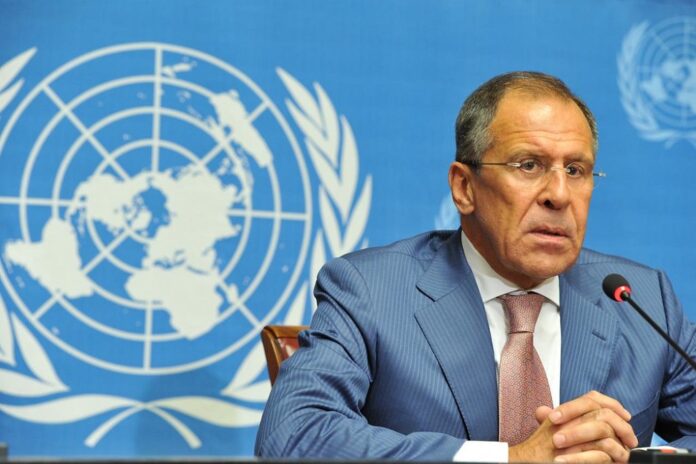Monday (April 8, 2024) marked the start of Russian Foreign Minister Sergey Lavrov’s visit to Beijing, highlighting the strong diplomatic ties between his country and China. A deliberate attempt to strengthen the relationship between the two superpowers in the face of global geopolitical challenges and changes is signaled by Lavrov’s arrival.
Recent years have shown how well Moscow and Beijing get along, as evidenced by their regular high-level meetings, agreements on strategic cooperation, and joint military drills.
Their stances on many international forums, such as the UN Security Council, where they frequently agree on crucial topics like Syria and Iran, have been reinforced by this partnership. Citing Chinese customs data, SwissInfo reported that “China-Russian trade hit a record of $240.1 billion in 2023, up 26.3% from a year earlier.”
Lavrov held diplomatic as well as economic talks in Beijing, as both countries are seeking to increase trade and explore new avenues for collaboration. Recent records in bilateral trade show that despite external pressures and sanctions, China and Russia have strengthened their economic ties.
VOA wrote that “Lavrov’s visit coincides with the end of U.S. Treasury Secretary Janet Yellen’s four days of talks in Beijing.” As the outlet reports, Yellen admitted to having “difficult conversations” during her visit, some of which included concerns about Chinese companies supporting Russia’s war in Ukraine.
China has stated that it has not been giving Russia any armaments or military support, even though it still has strong economic ties with Russia.
As CNN reported, It is worth noting that “Lavrov’s visit comes after Russian President Vladimir Putin last month suggested he was considering China for his first overseas trip.”
Experts note that concerns about regional security likely came up during Lavrov’s visit, particularly in light of the ongoing hostilities in places like the South China Sea, the Korean Peninsula, and Ukraine.
China and Russia have both stressed how critical it is to uphold stability and encourage communication to handle these intricate security issues.
The future of international relations is expected to be significantly shaped by the close coordination and cooperation between these two powerful nations, particularly as the global geopolitical landscape continues to change.



